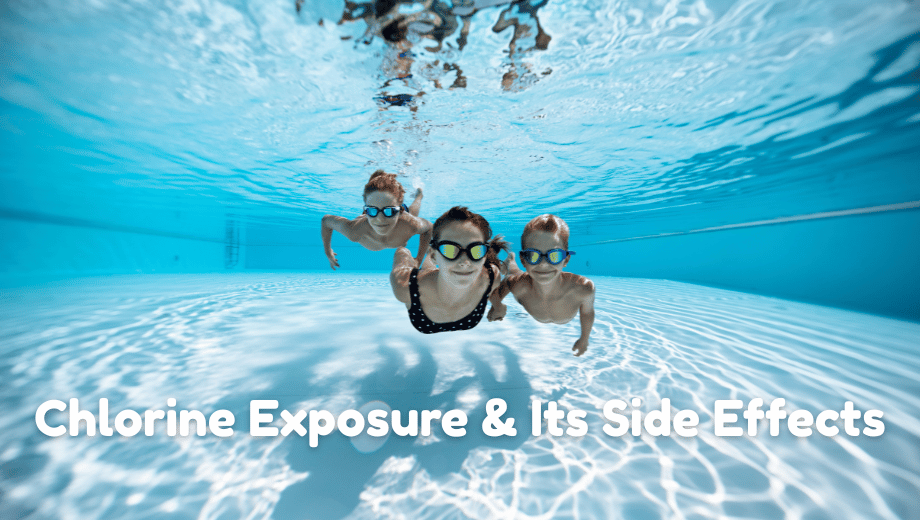Pools offer relief, entertainment, and exercise, especially during warm months. But beneath the surface of that crystal-clear water, chemical interactions may pose risks that are easy to overlook, particularly to your family’s lungs.
Chlorine Exposure and Its Side Effects
Chlorine plays a vital role in disinfecting pool water. It helps prevent the spread of bacteria and waterborne illnesses. However, when chlorine reacts with sweat, urine, skin cells, and personal care products, it forms chemical byproducts called chloramines. These are not confined to the water. They become airborne and linger just above the pool’s surface where swimmers breathe.
Children often spend more time at this water-air interface, increasing their exposure. Their lungs are still developing, making them more sensitive to airborne irritants. Prolonged or repeated exposure to chloramines can cause coughing, throat irritation, or shortness of breath. In some children, especially those with asthma or allergies, these effects may become more pronounced.
Indoor Pools Raise Additional Concerns
Outdoor pools allow chemical vapors to disperse naturally. Indoor pools, on the other hand, may trap those fumes. Without sufficient airflow or filtration, chloramines and other volatile compounds can accumulate. Poor ventilation is often easy to detect. A strong chemical smell, stinging eyes, or irritation after only a short swim may signal that air quality needs attention.
Facilities with indoor pools should regularly test both water and air quality. Some have started using supplemental disinfection systems like UV light, which can reduce the need for high chlorine levels while still maintaining sanitation.
Safe Maintenance Practices at Home
For families with backyard pools, proper chemical storage and maintenance routines are essential. Always follow manufacturer guidelines for pool chemicals and keep them stored in a dry, cool place. Avoid mixing products unless specifically instructed. Using reliable plumbing components, such as a PVC butterfly valve, can help ensure consistent water flow through the filtration system, which helps maintain balanced chemical levels.
Swimming can be an excellent source of fun and physical activity. With a few precautions, families can enjoy the benefits of pool time while reducing unnecessary lung exposure to harmful vapors. Choose well-maintained pools, take regular breaks, encourage showers before swimming, and stay informed about how your pool is managed. Clean water is important, but so is clean air. Check out the infographic below to learn more.




